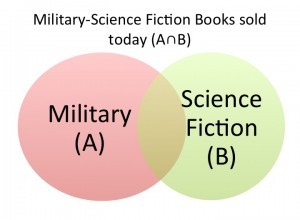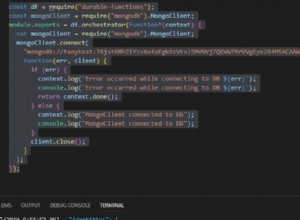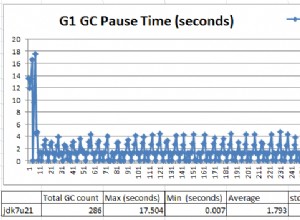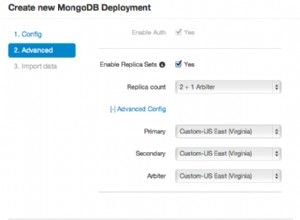Si vous avez la version 3.6 de mongodb alors vous pouvez essayer avec imbriqué $lookup
agrégation...
db.collection.aggregate([
{ "$lookup": {
"from": Albums.collection.name,
"let": { "albums": "$albums" },
"pipeline": [
{ "$match": { "$expr": { "$in": [ "$_id", "$$albums" ] } } },
{ "$lookup": {
"from": Songs.collection.name,
"let": { "songs": "$songs" },
"pipeline": [
{ "$match": { "$expr": { "$in": [ "$_id", "$$songs" ] } } }
],
"as": "songs"
}}
],
"as": "albums"
}}
])
Et pour une longue explication, vous pouvez parcourir $lookup plusieurs niveaux sans $décompresser ?
Ou Si vous avez une version de mongodb antérieure à 3.6
db.collection.aggregate([
{ "$lookup": {
"from": Albums.collection.name,
"localField": "albums",
"foreignField": "_id",
"as": "albums"
}},
{ "$unwind": "$albums" },
{ "$lookup": {
"from": Songs.collection.name,
"localField": "albums.songs",
"foreignField": "_id",
"as": "albums.songs",
}},
{ "$group": {
"_id": "$_id",
"name": { "$first": "$name" },
"started_in": { "$first": "$started_in" },
"active": { "$first": "$active" },
"country": { "$first": "$country" },
"albums": {
"$push": {
"_id": "$albums._id",
"title": "$albums.title",
"released": "$albums.released",
"type": "$albums.type",
"songs": "$albums.songs"
}
}
}}
])




